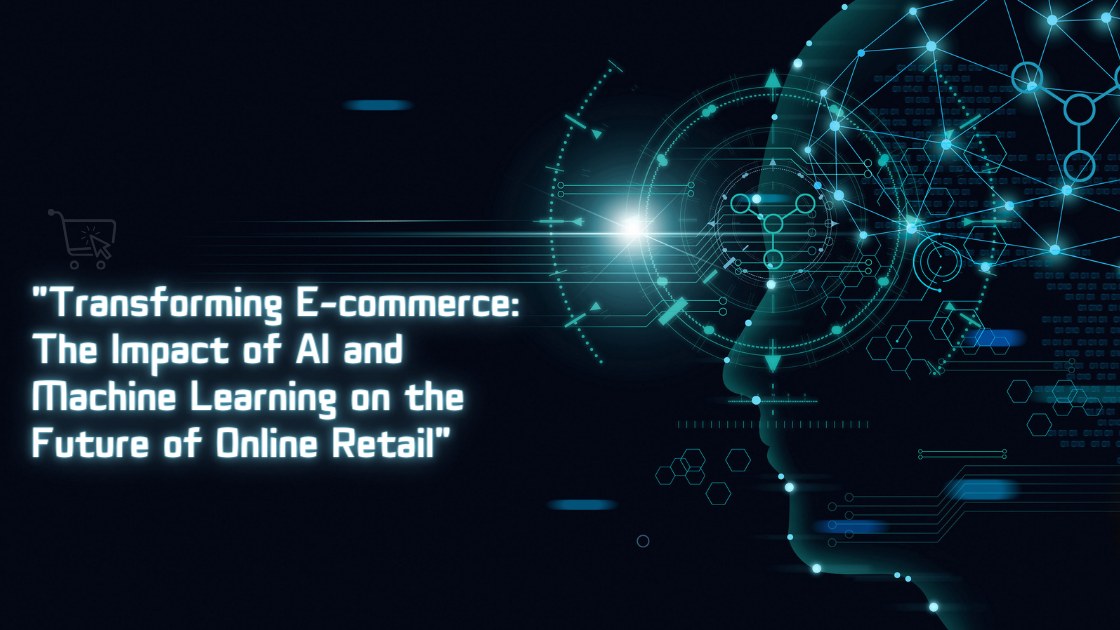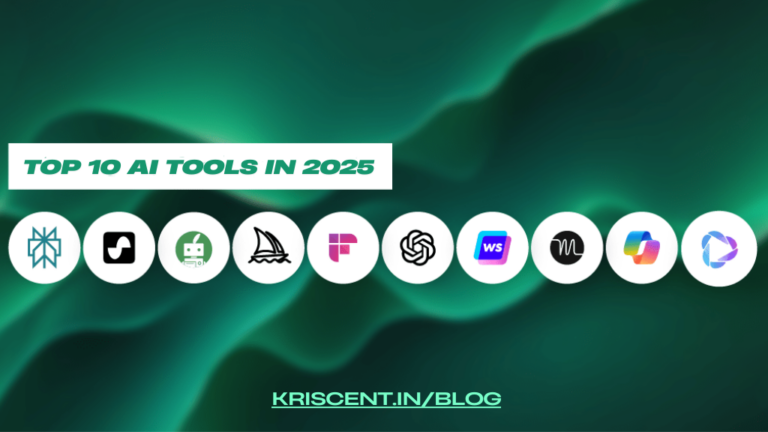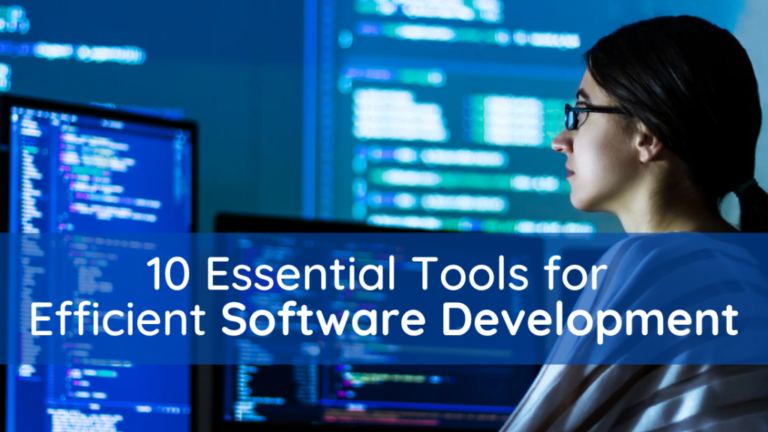Introduction
The realm of e-commerce is evolving rapidly due to advancements in machine learning (ML) and artificial intelligence (AI). These innovations are transforming the manner in which online retailers operate, offering significant improvements in efficiency, customer contentment, and the process of making decisions. This research explores the ways in which AI and ML are transforming the e-commerce sector, detailing the primary areas affected by these technologies and predicting possible future paths.
AI and Machine Learning in E-commerce
Personalized Shopping Experiences
Customized shopping experiences are a popular application of AI and ML in online retail. These technologies analyze customer information like their past purchases, buying patterns, and likes to offer tailored suggestions. By forecasting a customer’s future purchases, algorithms enhance the shopping journey and increase sales.
Enhanced Customer Service
AI-powered virtual helpers and chatbots are revolutionizing online shopping customer support. These technologies operate continuously, quickly answer customer questions, and manage multiple requests simultaneously. Chatbots equipped with sophisticated natural language understanding (NLP) can grasp and respond to complex requests, enhancing customer happiness and reducing the necessity for human assistance.
Efficient Inventory Management
Shops can enhance their stock levels thanks to the exceptional accuracy of machine learning models in predicting demand. Artificial intelligence can predict which items will be popular when by analyzing previous sales records, trends in the market, and other factors such as changes in seasons. This reduces the expenses associated with storage, cuts down on the risk of having too much or too little stock, and improves the flow of money.
Dynamic Pricing Strategies
Real-time adjustment of prices, influenced by factors like demand, competition, and more, is achievable through AI and ML. These technologies can process vast amounts of data to determine the optimal price that boosts profits and sales. By employing dynamic pricing, retailers can stay ahead in the market and swiftly respond to market fluctuations.
Improved Search and Discovery
Artificial intelligence enhances the search function of online shopping platforms, simplifying the process for users to find items. With the help of computer vision, shoppers can submit images for visual search and find items that match their criteria. Natural language processing improves text-based searches by understanding what the user wants and providing more relevant outcomes.
Fraud Detection and Prevention
E-commerce fraud is often caught thanks to artificial intelligence and machine learning. These technologies analyze transaction patterns to identify unusual activities that could indicate fraudulent behavior. Machine learning algorithms can continuously learn from new data, improving their ability to detect fraud over time. This helps protect both consumers and sellers from financial losses.
Future Trends
Voice Commerce
Speech-enabled helpers, like Google Assistant and Alexa from Amazon, are becoming more and more crucial for shopping on the internet. This technology allows shoppers to use spoken instructions to explore items, buy things, and get suggestions. With the progress of speech recognition tech and its growing popularity, this pattern is expected to persist.
Augmented Reality (AR) and Virtual Reality (VR)
E-commerce is on the verge of transformation due to augmented reality (AR) and virtual reality (VR) technology, which offer engaging experiences. Shoppers can virtually try on clothes, see how furniture looks in their own home, and engage with items in a three-dimensional space. By offering shoppers a more precise representation of the items, this not only enhances the shopping journey but also reduces the number of items returned.
Autonomous Delivery
Self-navigating delivery vehicles powered by machine learning, like driverless cars and unmanned aerial vehicles, are on the horizon. Especially in big cities, these technologies offer quicker and more efficient delivery of goods. Beyond reducing transportation costs, self-driving delivery provides customers with more adaptable and accessible delivery options.
Ethical AI and Data Privacy
The importance of data privacy and ethical AI is increasing as artificial intelligence and machine learning are being more widely used in online shopping. It’s crucial for retailers to ensure that their use of AI is fair, clear, and safeguards the privacy of their customers. There might be stricter rules regarding data security and ethical guidelines for AI use in the coming years.
Conclusion
E-commerce is experiencing a major shift due to artificial intelligence (AI) and machine learning, which offer numerous benefits such as efficient stock control and personalized shopping experiences. As these technologies advance, they will create new possibilities and transform the landscape of online shopping. Retailers incorporating AI and ML will have an advantage in adjusting to the evolving demands of their customers and staying competitive in a market that is rapidly changing.
Thank you for reading our blog and if you want to read about Driving E-commerce Success -10 Sales Boosting Approaches then read this blog.




%20(1)%201.webp?updatedAt=1725274383969)








